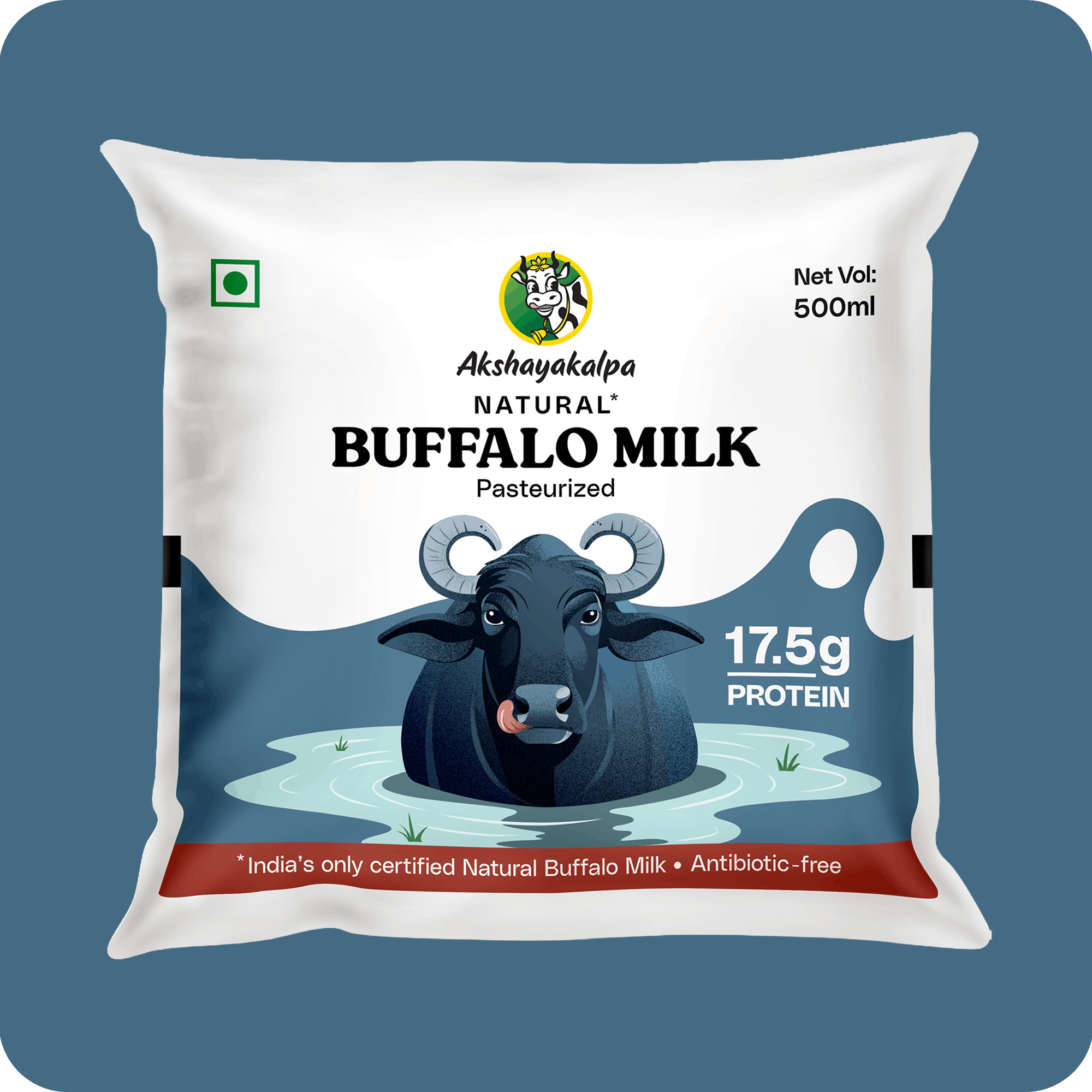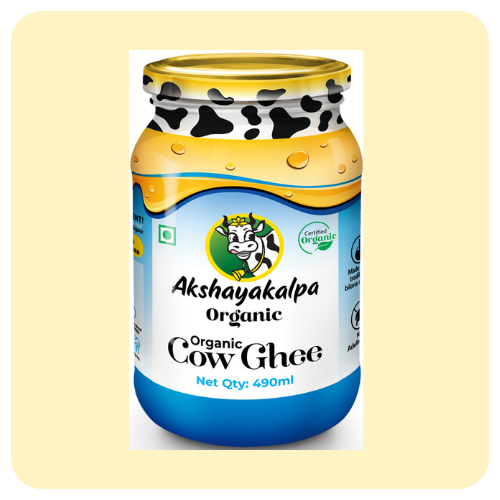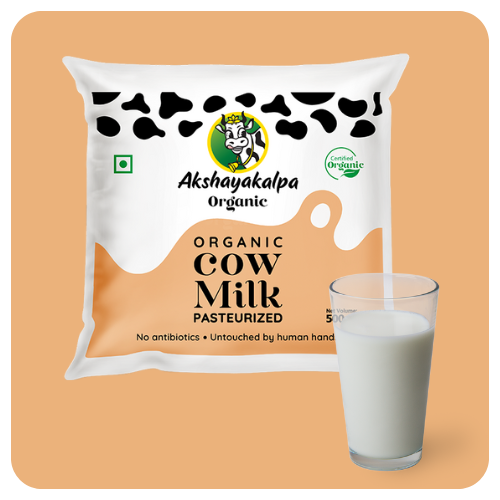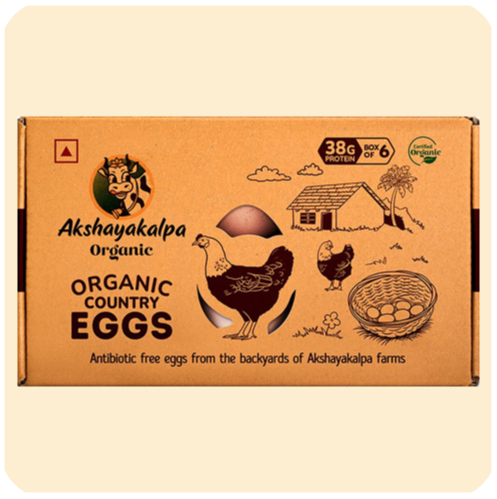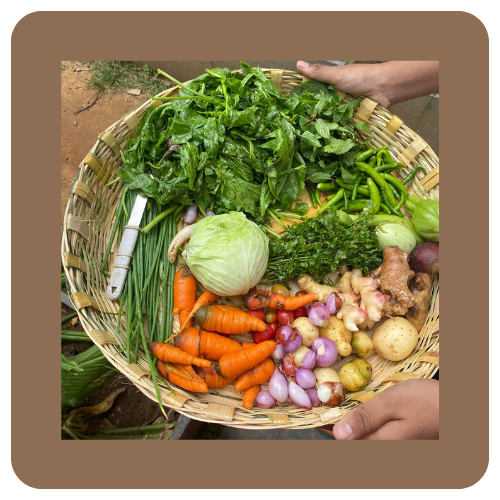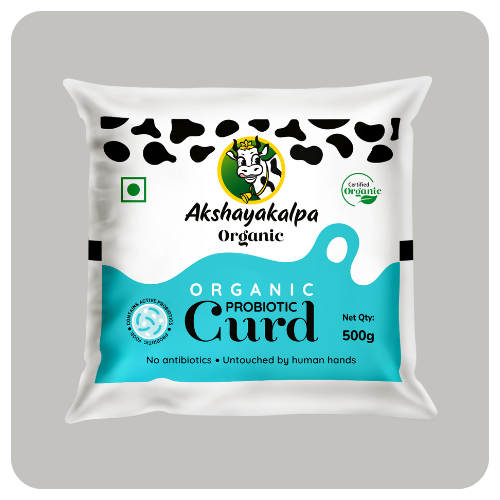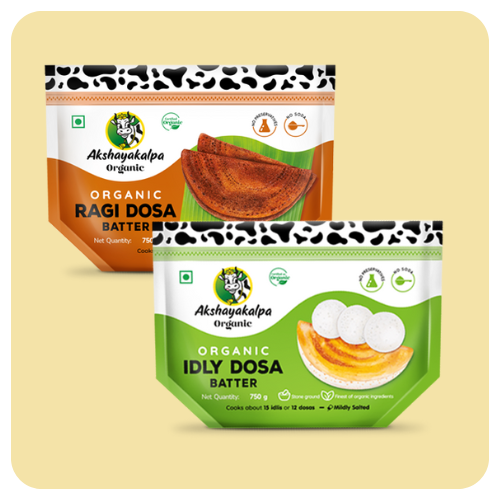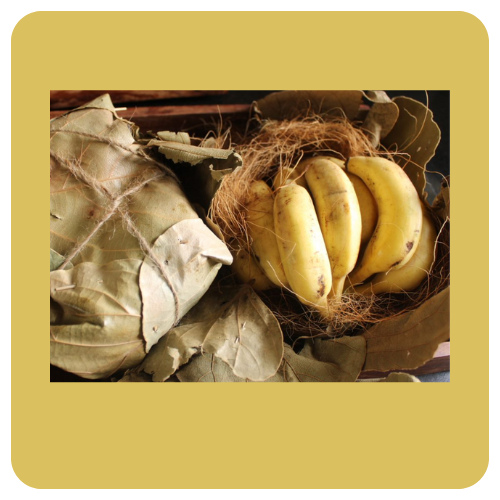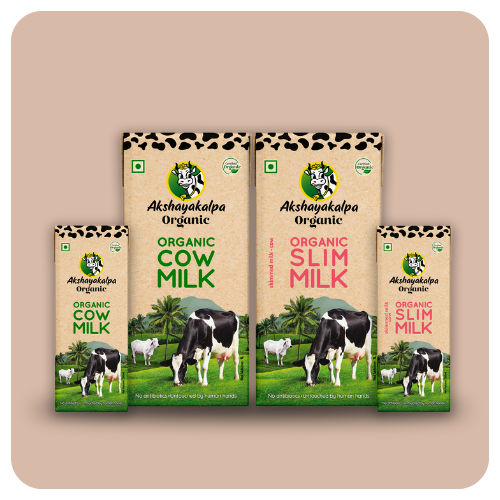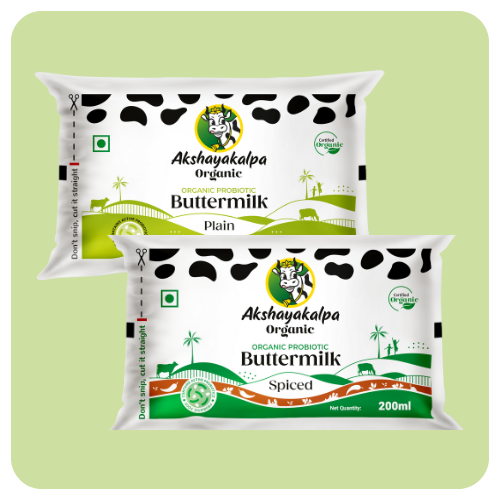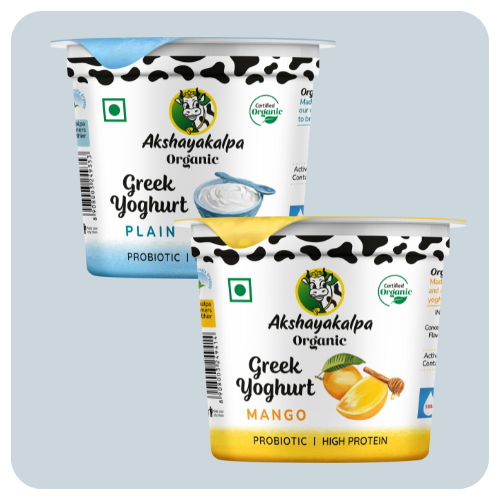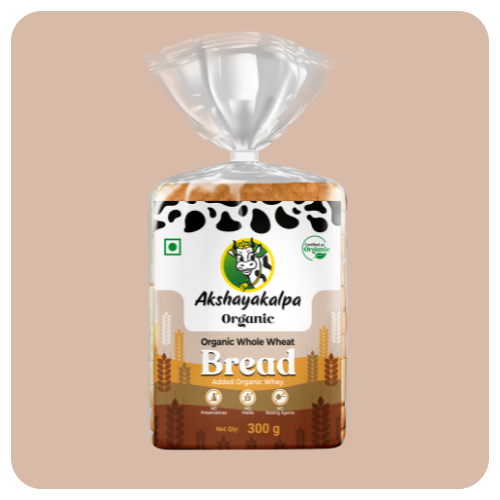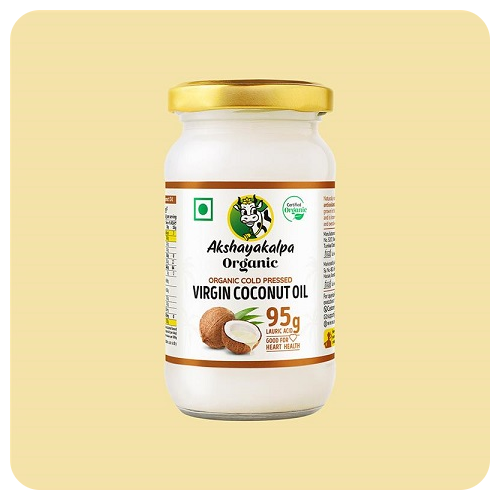Don’t be ‘Penny wise and pound foolish’! 5 reasons why organic food is worth the money!
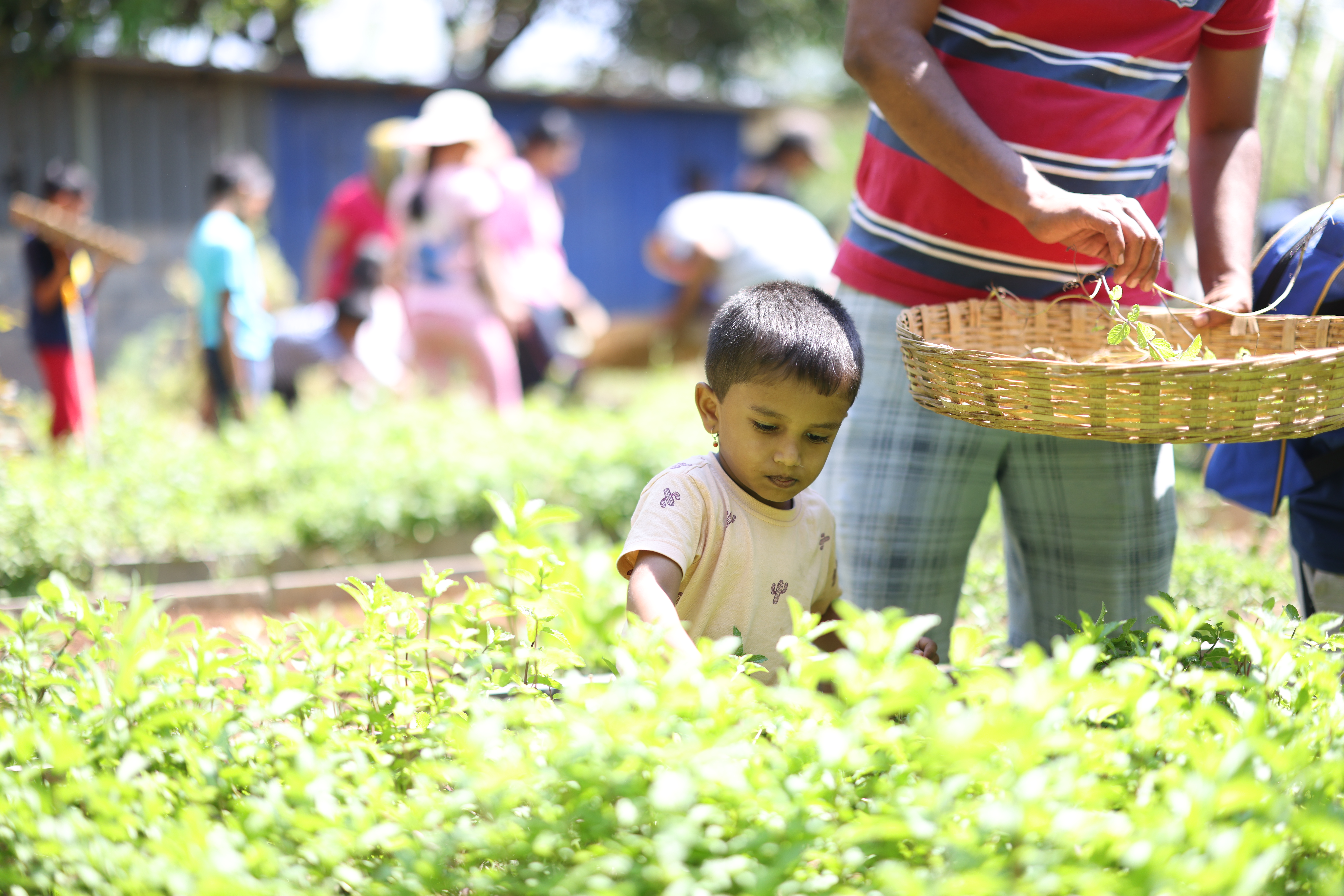
It’s easy to pop into your local supermarket or grocery store to pick up fruits, vegetables, milk and eggs. But how safe are they to consume? Are they fresh? Above all, are they nutritious?
We know that farms, in their need to maximize yield and profits and minimize spoilage, use copious amounts of fertilizers, pesticides, herbicides, and other chemicals in their produce. The hens and cows are given antibiotics and hormones to ensure they do not fall ill and produce as many eggs and as much milk as possible.
So how does one choose the best foods for their family?
While the healthier option is to buy organic fruits, vegetables, eggs and milk, the fact is that they do cost more. But if you’re wondering where foods with the organic tag are really add value to your lifestyle, here are five reasons why it is definitely worth the money:
1. Bye, Bye chemicals, hello health: Organic farms, like Akshayakalpa, have strict guidelines against the use of any chemicals. Not only are no chemicals used in the farming processes, the soil on which the crops are grown are chemical-free too. Using only natural fertilizers made from cow dung and plants, the soil is enriched to allow the crops to grow just as nature intended. The exposure to pesticides and other chemicals is linked to several diseases, endocrine destruction, cognitive disabilities, and hormonal and reproductive problems. By choosing organic food, one can shun these chemical residues from their diets and bodies.
2. Grown for nutrition: Organic fruits and vegetables have been found to have higher amounts of certain antioxidants. Milk and milk products from cows raised on organic farms, fed organic feed contain higher levels of omega-3 fatty acids, vitamin E, iron and other nutrients compared to their non-organic counterparts. Organic fruits and vegetables contain higher levels of salicylic acid which helps reduce the risk of several diseases, including heart disease. Organic food is a return to tradition where food is chosen for the nutritional benefits it provides over convenience and cost only.
3. It’s all natural here: In profit-centric conventional farms, the crops grown are genetically modified to increase yield. There are several health concerns regarding GMO crops. GMOs may contribute to a rise in allergic reactions and compromise immunity. Moreover, the long-term effects of the genetic modifications are not fully known yet. Virtually all GMOs have antibiotic resistance markers which could make disease-causing bacteria resistant to the antibiotics that are currently used for treatment. When choosing organic foods, we are giving our body the full benefits of naturally-occurring nutrients.
4. Farming for the future: Conventional farming relies heavily on natural resources and aggressive farming widely deplete the soil of its nutrients. This forces the farmer to rely on chemical fertilizers to nourish the soil enough for the next cycle of crops to be grown. On the other hand, organic farming, when done correctly, promotes soil health and reduces degradation. It also causes less pollution as there are no chemicals such as fertilizers and pesticides that will wash off into our oceans or permeate our air. Organic food allows us to protect our resources and the planet for the future generations too!
5. Because your family is our family: On organic farms like Akshayakalpa, the cows and hens are free-roaming. They eat specially prepared organic feed made using crops grown at the farm as per organic farming practices. Healthy food and clean living spaces mean they hardly ever fall ill and require antibiotics. They live happy, stress-free lives and this shows in the quality of milk and eggs. The produce from organic farms has no traces of artificial hormones, antibiotics or stress hormones – making it a safer choice for your family.
With a vision of a healthier and more sustainable food ecosystem through farmer-entrepreneurship, Akshayakalpa is on a mission to make healthy organic eating commonplace. We consider our impact on the environment every step of the way, that’s why we work with self-sustainable farms. Our farmers work to maintain biodiversity on their farms, decrease waste by following closed-loop soil management system that gives back to nature and also ensures quality organic produce.
Yes, organic food does come at a cost. But it is the cost of preventing ill-health, cost of providing safe nutrition to our loved ones and the cost of protecting the environment and planet.
In the long run, is there a cost that one can put on the price of the health of our loved ones?
